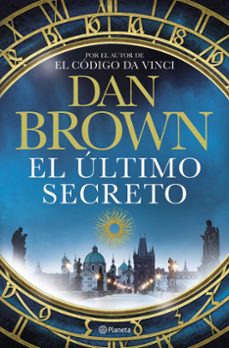📗 Libro en inglés THE SORROWS OF YOUNG WERTHER
OXFORD UNIVERSITY PRESS- 9780199583027
Sinopsis de THE SORROWS OF YOUNG WERTHER
'I have so much and my feeling for her devours everything, I have so much and without her everything is nothing.' The Sorrows of Young Werther propelled Goethe to instant fame when it first appeared in 1774. Goethe drew on his own unhappy experiences to tell the story of Werther, a young man tormented by his love for Lotte, a tender-hearted girl who is promised to someone else. Overwhelmed by his feelings, Werther begins to see only one way to escape from his anguish. Goethe's story of a sensitive young artist alienated from society channelled the Romantic sensibility of the day and led to a wave of imitations. Werther's searching introspection and the passionate intensity with which he bares his soul have an immediacy that is all the more powerful for being expressed in letters; charting the course of his emotions, they give added drama to the unfolding account. David Constantine's new translation captures the novel's lyric clarity, and his introduction and notes illuminate Goethe's achievement. ABOUT THE SERIES: For over 100 years Oxford World's Classics has made available the widest range of literature from around the globe. Each affordable volume reflects Oxford's commitment to scholarship, providing the most accurate text plus a wealth of other valuable features, including expert introductions by leading authorities, helpful notes to clarify the text, up-to-date bibliographies for further study, and much more.
Ficha técnica
Editorial: Oxford University Press
ISBN: 9780199583027
Idioma: Inglés
Encuadernación: Tapa blanda bolsillo
Fecha de lanzamiento: 26/10/2022
Especificaciones del producto
Escrito por Johann Wolfgang von Goethe

(Frankfurt, 1749-1832). Goethe nació en el seno de una familia burguesa donde su padre se ocupó personalmente de su educación. Un viaje de estudios a Estrasburgo en el que conoció a Herder y donde frecuentó círculos cercanos al romanticismo, cambió su orientación poética. Años más tarde, Goethe comenzó una brillante carrera política que alternó con su producción literaria. Representante máximo de la corriente romanticista, los últimos años de su vida los dedicó por entero a la escritura de una autobiografía, en la que el clasicismo se convirtió en el estilo dominante.
Descubre más sobre Johann Wolfgang von Goethe Recibe novedades de Johann Wolfgang von Goethe directamente en tu email
Opiniones sobre THE SORROWS OF YOUNG WERTHER
¡Sólo por opinar entras en el sorteo mensual de tres tarjetas regalo valoradas en 20€*!

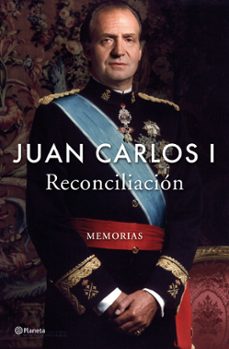












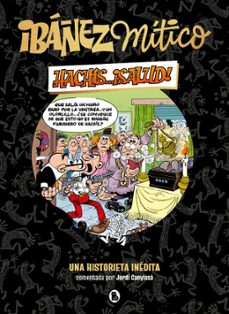
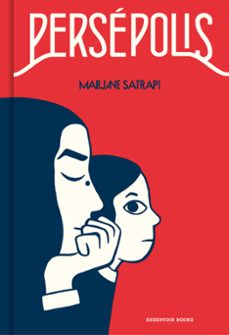
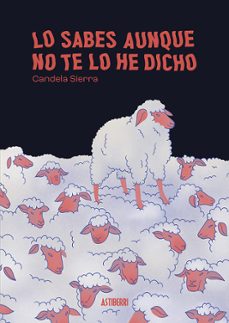

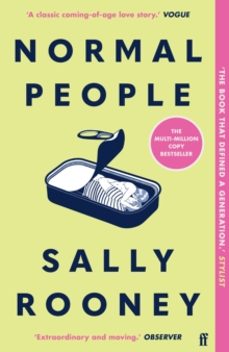





![harry potter y el cáliz de fuego (harry potter [ediciones ilustra das interactivas] 4)-j.k. rowling-9788419868497](https://imagessl7.casadellibro.com/a/l/s5/97/9788419868497.webp)

